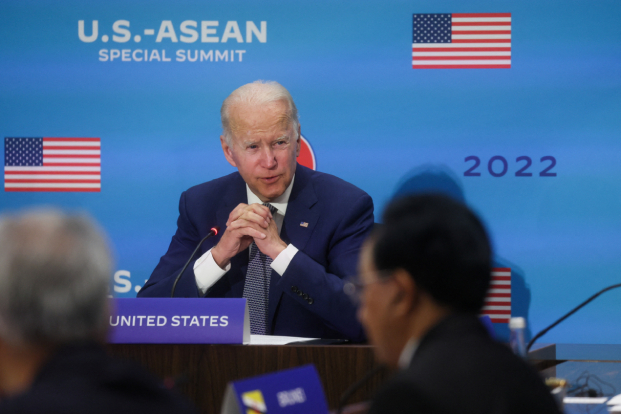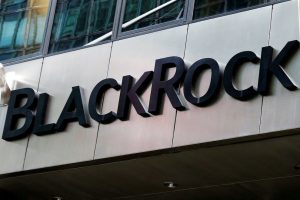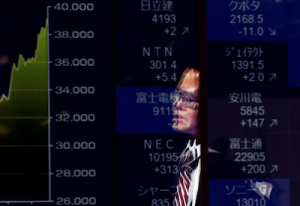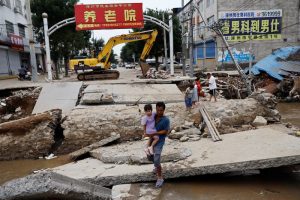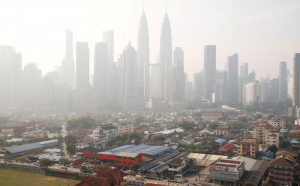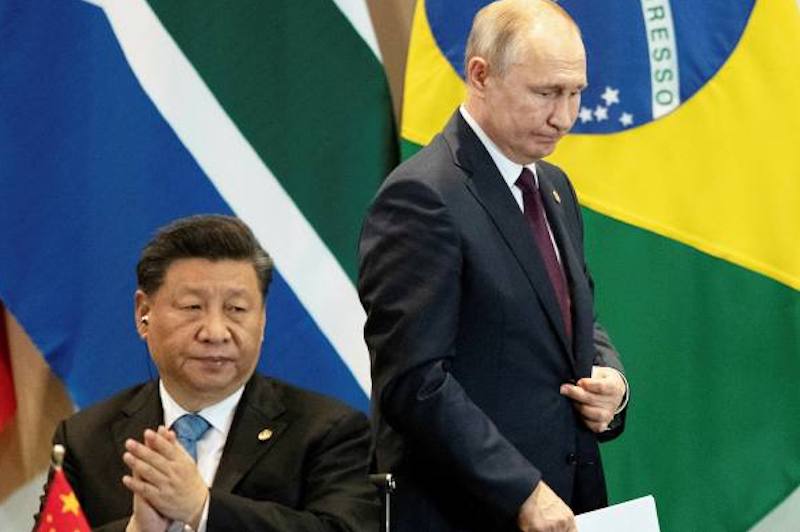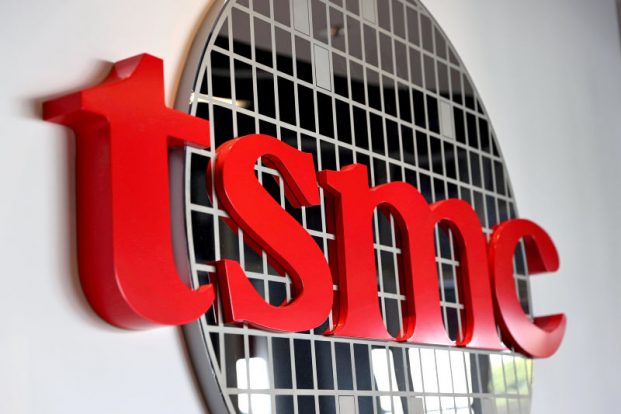US President Joe Biden said a maiden summit between Washington and leaders of the 10-nation Association of Southeast Asian Nations (ASEAN) bloc has opened up new vistas for boosting ties.
The summit marked the first time ASEAN leaders gathered as a group in Washington and their first meeting hosted by a US president since 2016.
The US administration hopes the effort will show that Washington remains focused on the Indo-Pacific and the long-term challenge of China, which it views as its main rival, despite Russia’s invasion of Ukraine.
In a joint 28-point “vision statement” after a two-day meeting, both sides took what analysts called a symbolic step of committing to raise their relationship from a strategic partnership to a “comprehensive strategic partnership” in November.
On Ukraine they reaffirmed “respect for sovereignty, political independence, and territorial integrity,” wording that a regional expert said went further than past ASEAN statements. The US, Asean summit statement did not condemn Russia by name for its February 24 invasion.
Biden was hoping to persuade ASEAN countries to toughen their stance on Russia’s invasion of Ukraine.
The US president told the ASEAN leaders that “a great deal of history of our world in the next 50 years is going to be written in the ASEAN countries, and our relationship with you is the future, in the coming years and decades.”
Biden called the US-ASEAN partnership “critical” and said: “We’re launching a new era – a new era – in US-ASEAN relations.”
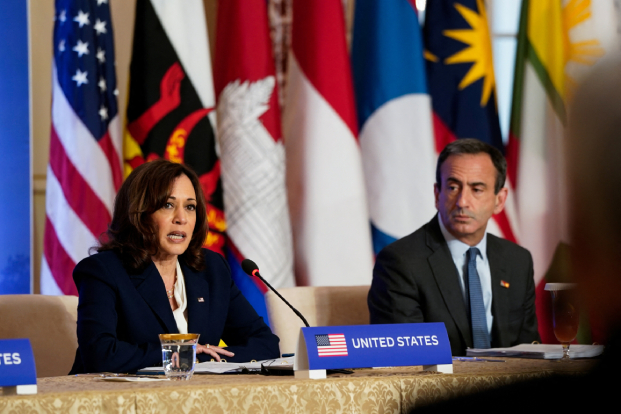
Vice President Kamala Harris said the United States would remain in Southeast Asia for “generations” and stressed the need to maintain freedom of the seas, which the United States says is challenged by China.
China Rivalry, Shared Concerns At US-ASEAN Summit
“The United States and ASEAN have shared a vision for this region, and together we will guard against threats to international rules and norms,” Harris said.
Neither she nor Biden mentioned China by name. The United States has accused China of using coercion against its neighbors.
Harris said Washington would continue to respond with ASEAN to the threat of Covid-19, having already donated more than 115 million vaccine doses to the region. She said both sides needed to show collective ambition on climate change, accelerate the transition to clean energy, and meet infrastructure needs sustainably.
ASEAN groups Brunei, Cambodia, Indonesia, Laos, Malaysia, Myanmar, the Philippines, Singapore, Thailand and Vietnam. Myanmar’s leader was excluded from the summit over a coup last year. US treaty ally the Philippines, in transition after an election, was represented at the meeting by its foreign minister.
Biden hosted a summit dinner at the White House on Thursday, and his administration promised $150 million for areas including infrastructure, security, pandemic preparedness and clean energy.
New US commitments will include deployment of a Coast Guard vessel to the region to help counter what the United States and regional countries have described as China’s illegal fishing.
Still, US spending pales in comparison to that of China, which in November alone pledged $1.5 billion in development assistance for ASEAN over three years to fight Covid and fuel economic recovery.
Biden on Friday announced the nomination of Yohannes Abraham, chief of staff on his National Security Council, to be ambassador to ASEAN, filling a post vacant since the start of Donald Trump’s administration in 2017. Biden is working on other initiatives, including “Build Back Better World” infrastructure investment and an Indo-Pacific Economic Framework (IPEF).
Gregory Poling, a Southeast Asia expert at Washington’s Center for Strategic and International Studies think tank, said the summit was largely about symbolism with economics a missing component, as IPEF is not expected to be launched until Biden visits Japan later in May.
Economics A Missing Component At US-ASEAN Summit

“Everyone seems happy and the diplomatic message of commitment is landing. But … a modest, to put it kindly, $150 million isn’t going to impress anyone,” he said. “That leaves a lot riding on IPEF.”
Raising the relationship to a comprehensive strategic partnership matched similar moves by ASEAN with Australia and China last year.
“That’s symbolically important, though it wouldn’t change much in concrete terms,” Poling said.
He noted the statement on Ukraine did not condemn Russia by name, but said “the call to respect Ukraine’s sovereignty, political independence and territorial integrity is an obvious criticism of Russia and would seemingly commit all the ASEAN leaders to never recognize any Russian annexation on Ukraine.”
ASEAN countries share many US concerns about China’s assertiveness, including its claim of sovereignty over vast swaths of the South China Sea where several have rival claims.
However they remain cautious about siding more firmly with Washington, given their predominant economic ties with China and limited US economic incentives. Some, like Vietnam, Laos and Cambodia, have residual historical ties to Russia.
ASEAN states have been frustrated by a US delay in detailing plans for economic engagement since Trump quit a regional trade pact in 2017. Biden announced the intention to create IPEF at a virtual summit with ASEAN leaders in October.
Analysts and diplomats have said only two ASEAN countries – Singapore and the Philippines – are expected to be among the initial group to sign up for negotiations under IPEF, which does not currently offer the expanded market access Asian nations want given Biden’s concern for American jobs.
- Reuters with additional editing by Jim Pollard
ALSO READ:




